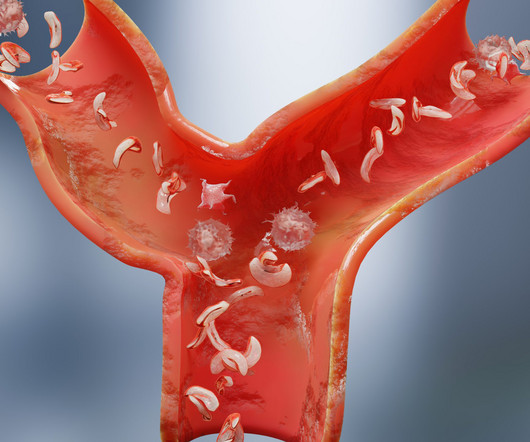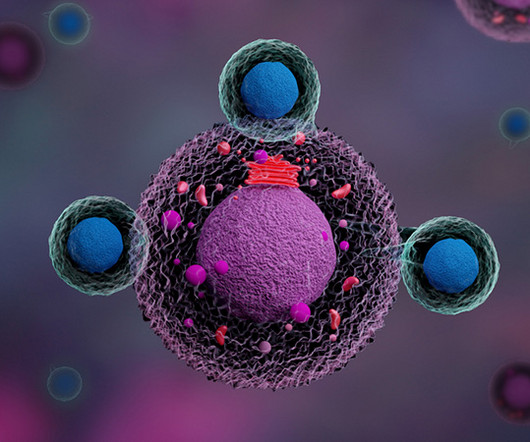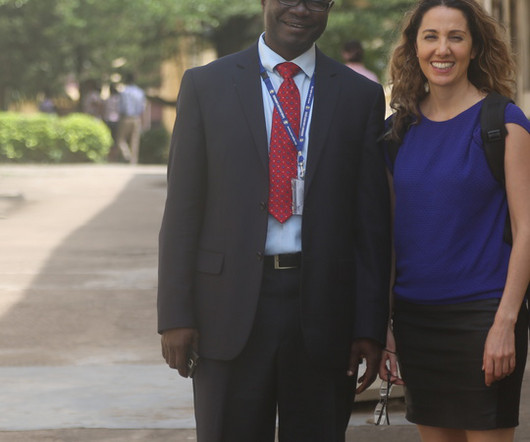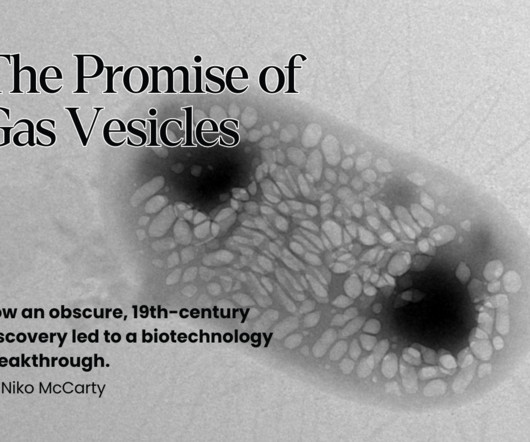Automated red blood cell exchange: bridging treatment gaps in sickle cell disease care
Drug Target Review
JUNE 5, 2025
Currently, three FDA-approved disease-modifying drug therapies are available: hydroxyurea, crizanlizumab and L-glutamine, though each has limitations that affect patient compliance. The use of FDA-approved medications for preventing vaso-occlusive events in sickle cell disease. Published March 2016. JAMA Netw Open.












Let's personalize your content